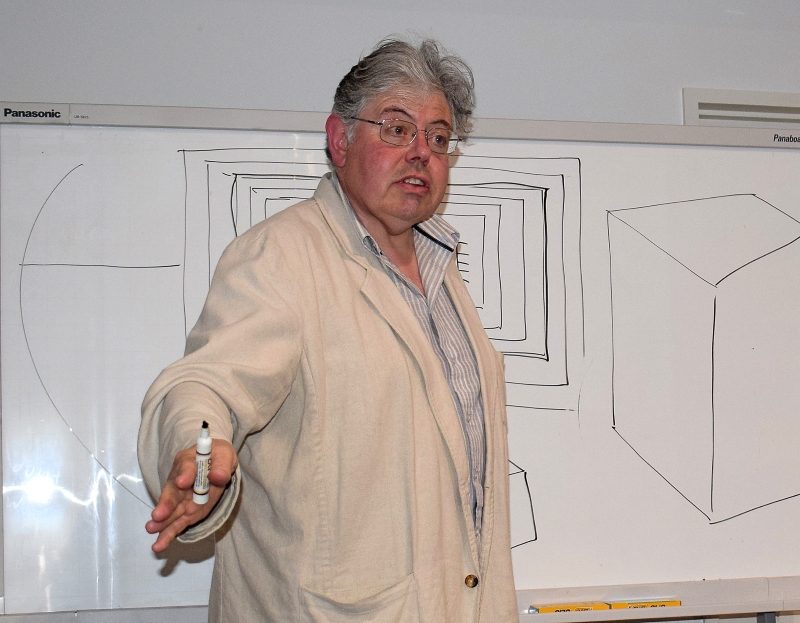A prominent Catholic theologian has insisted that loaves of bread should be shared during the Eucharist instead of the altar breads currently used at Mass.
Nottingham University Professor of Historical Theology Fr Thomas O’ Loughlin said as a community of faith, members should always be looking back to understand the things they are doing today and why such may be inadequate.
“If you are to understand what Jesus is trying to demonstrate in this meal (the Last Supper), it has to be actual sharing,” said Professor O’Loughlin, who is also the president of the Catholic Theological Association of Great Britain.
“It’s no use having altar breads. They’re useless. They miss the whole point. That’s the theology of McDonalds,” he said.
At a talk he gave on July 4 at the Pompallier Diocesan Centre in Auckland, Professor O’Loughlin discussed the eucharistic celebration from the time of the early Church to the present.
“The word eucharist corresponds to the fundamental act of a creature recognising that God is not some sort of terrifying being that is to be traded with and appeased, but a loving being that is to be thanked,” he said.
Early Christian thought on the Eucharist could be gleaned from the Jewish Hellenistic philosopher Philo of Alexandria (20BC – 50AD) who said the supreme duty of a Jew is to remember what God is doing and then, to thank God or eucharistia which meant gratefulness, he said.
Professor O’Loughlin said thanking God is so ingrained in the Jewish culture, that in the synoptic Gospels, there was no record of the blessing that Jesus gave the bread and wine.
“To the Gospel writers, (the blessing) is not important. Everyone would know how to say a eucharistic prayer. In every group they would have been preaching, there would have been enough Jews around who learned this at the age of six or seven and memorised it,” he said.
“What was distinctive was not the prayer he said to the Father, it was the way he dealt with it: they were all to share a loaf.”
Sharing a loaf, he explained, was a fulfilment of the prophecies that scattered people will be brought back together and transformed.
“Sharing the same loaf says that what’s going into you is what is going into me. Sharing food is identifying and saying we are part of a community. And this community is the Body of Christ,” he said.
Professor O’Loughlin pointed out that in Luke’s story, the men who walked with Jesus on the road to Emmaus recognised Jesus when Jesus broke the bread.
Nowadays, he noted, the priest breaks the bread and eats it all up. “Think of the daftness of that,” he said.
In the same way that loaves are shared, everyone drinks from the same cup of wine.
From the start, Professor O’Loughlin said, people were trying to find excuses to avoid drinking from the same cup as if they are impure or not priests.
“We always think of reasons for not doing it because drinking a cup is seen as taking on a destiny,” he said. “Can you drink the cup I must drink? Can you share the destiny? Sharing a cup is sharing the destiny of the People of God.”
Professor O’Loughlin said Jesus rejected the prevailing theological movements of his time: the Pharisees’ insistence on outward purity and the Essenes’ need to withdraw from the world.
“It’s right that we all have a share in this because we are no longer scattered. We’re new people. We’re transformed. And we all have to drink this cup because if you have joined the Christian community, you have put your destiny into the destiny of the community of Christ.”

Reader Interactions